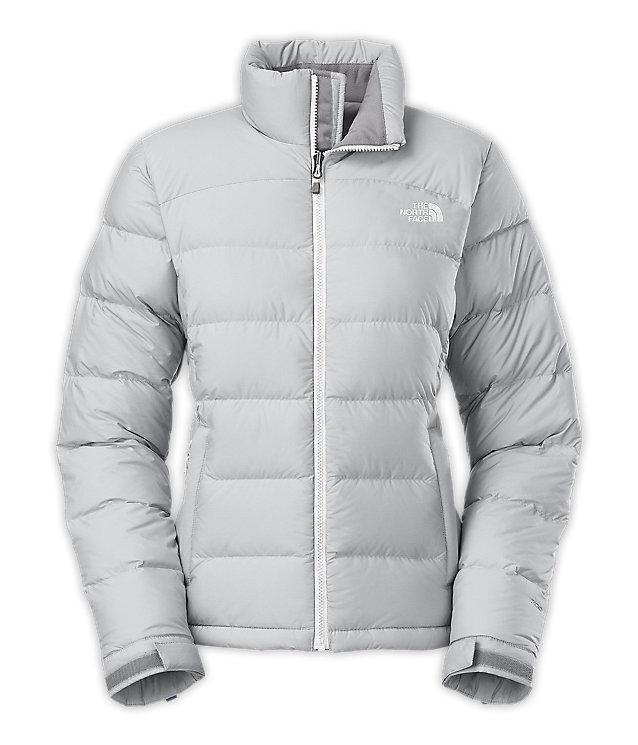
Down can be a sustainable option for filling in clothes and bedding. It can be recycled; it comes from a renewable resource; and down clothing and bedding helps keep people warm which means they can turn the thermostat down. However, it is not sustainable if it is a result of cruel practices like the live plucking of birds.
Some companies are getting that only cruelty-free down is truly sustainable. Outdoor apparel giant the North Face is one of them. In October 2014, the company committed to achieving 100 percent certified responsible down through the collaborative Responsible Down Standard. It achieved the goal one year early. By this fall, consumers can expect to find all down products in stores to be certified by RDS.
The North Face first partnered with the nonprofit Textile Exchange and third party certifier Control Union Certifications to create the Responsible Down Standard: a third-party standard for certified down and feathers. By the end of 2015, over 40 brands had begun to certify their supply chains with the standard. Over 1,200 sites in Europe, North America and Asia are certified, with an estimated 500 million birds covered under the certification. About 240 processors, garment factories and trading units were also certified.
“Down provides the most compressible warmth without the weight, offering superior insulation and comfort,” said Joe Vernachio, global VP of product for the North Face, in a statement. “We’ve been working hard to integrate RDS-certified down across our entire down product line. It took a team effort, and we’re proud to say that now our customers can take comfort in knowing their down products were sourced from the highest quality, responsible down available.”“We’re thrilled to see complete integration of RDS-certified down into The North Face down products this fall,” said Anne Gillespie, director of industry integrity for Textile Exchange. “The North Face has been a real driver in creating the demand that has fueled the momentum we are seeing.”
Taking cruelty out of down production
How bad is animal cruelty among some down producers? Oh, it is bad. People for the Ethical Treatment of Animals (PETA) released an expose in 2012 on down production. What it found, through footage shot undercover, is that employees on goose farms pulled “fistfuls of feathers out of live birds, often causing bloody wounds as the animals shriek in terror.” It gets worse. PETA reported that the “frightened animals are often squeezed upside down between workers’ knees during the painful procedure.”An investigator took a picture of a worker who sat on a goose’s neck to keep the poor bird from escaping. Some of the birds whose feathers are plucked die as a result, and sometimes workers actually stitch the birds’ skin back together, without anesthetics.
Live plucking is not the only cruel practice in down production. Some farmers who raise birds for food, including foie gras, sell their feathers to make extra money. Foie gras means “fatty liver” in French, and to get a goose to have a fatty liver requires incredibly cruel means. According to PETA, workers force-feed geese by pumping grain and fat into their stomachs which causes their livers to swell. Some of the poor birds have trouble standing because their swollen livers cause their abdomens to distend.
RDS certification ensures that down does not come from birds that have been live plucked or force fed. Certification also ensures that the birds have been protected from the time they are hatched until they are slaughtered. In essence, it takes cruel practices out of the down supply chain.
RDS is not the only certification standard. In 2013, Patagonia launched its own standard for down, called the 100 Percent Traceable Down Standard. A year later, the outdoor clothing company had implemented the standard in its supply chain. In 2015, the standard became the Global Traceable Down Standard through a partnership with NSF International. Since fall 2014, all of Patagonia’s products containing down are certified with TDS.
Thanks to Patagonia and the North Face, cruelty in down production is being phased out. That is good news for geese who get to live their lives free of live plucking and force feeding as a result.
Image credit: The North Face

Gina-Marie is a freelance writer and journalist armed with a degree in journalism, and a passion for social justice, including the environment and sustainability. She writes for various websites, and has made the 75+ Environmentalists to Follow list by Mashable.com.














